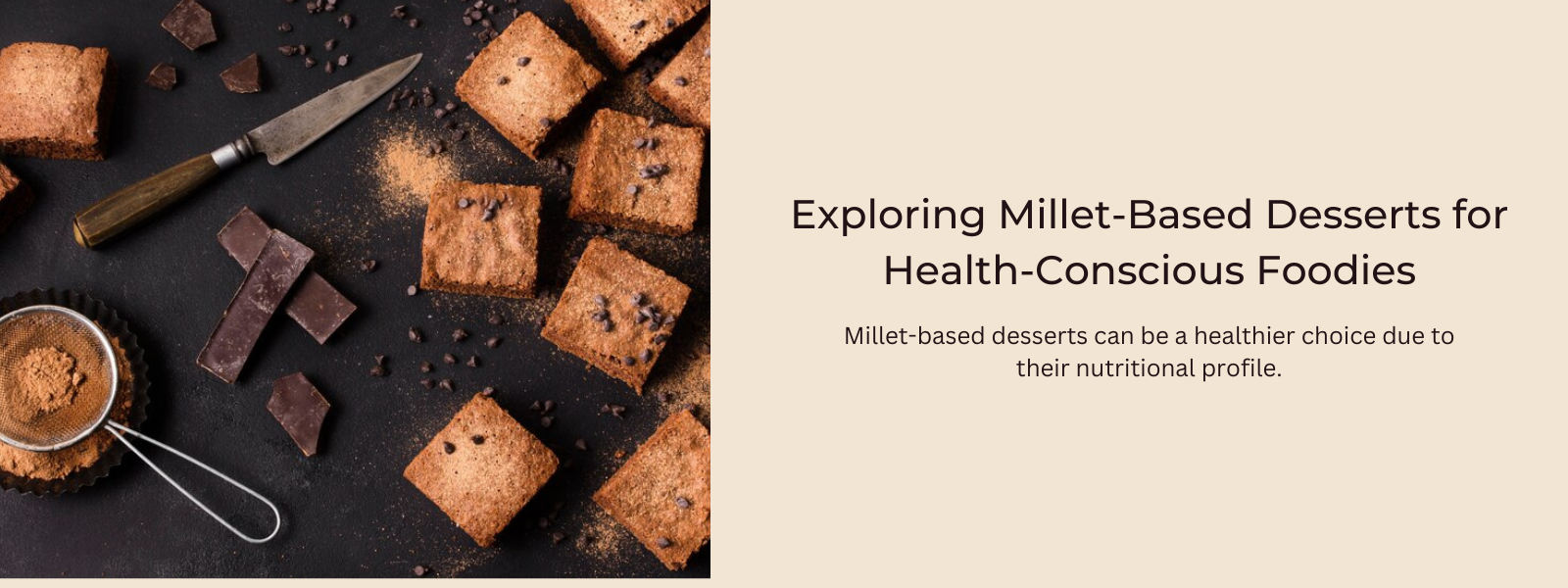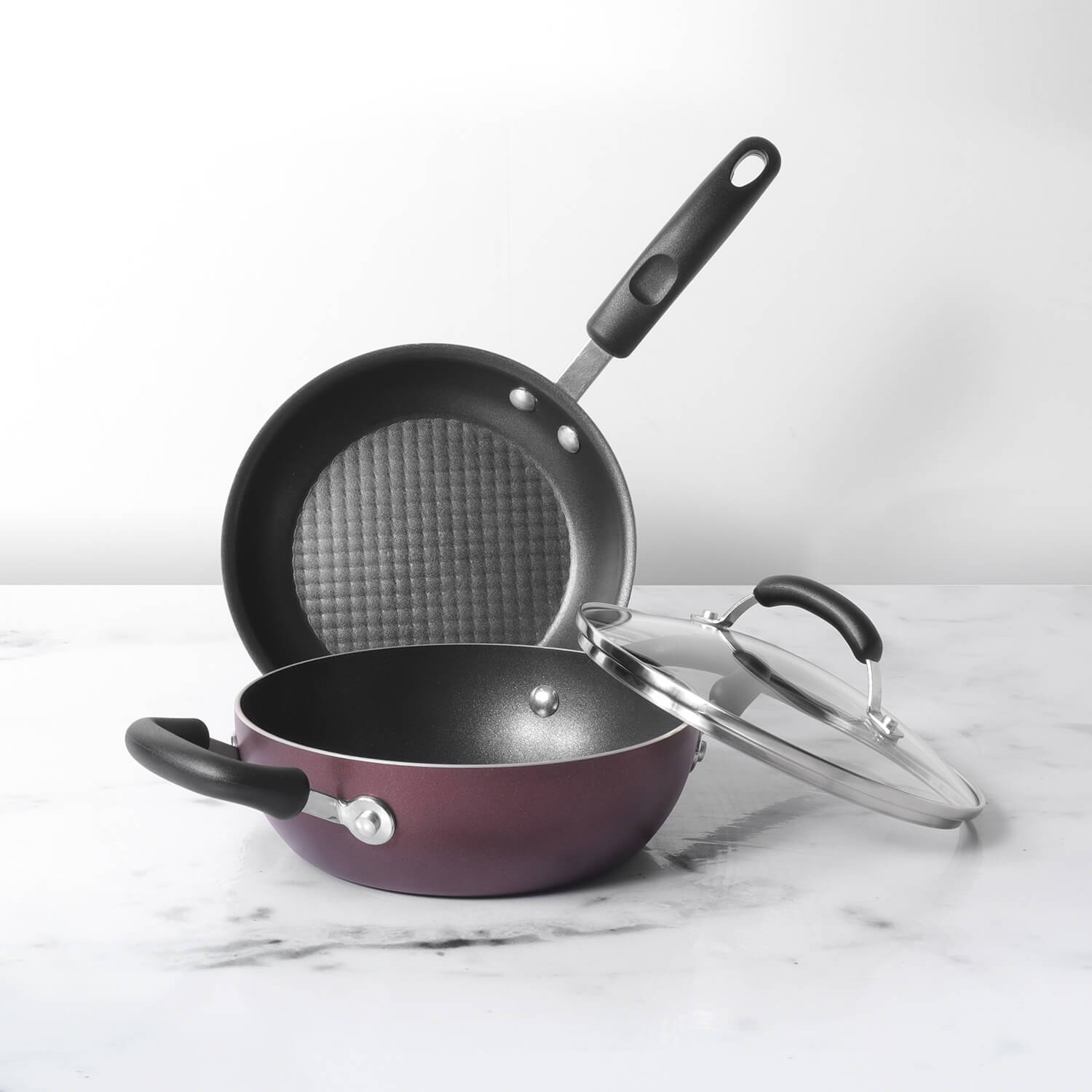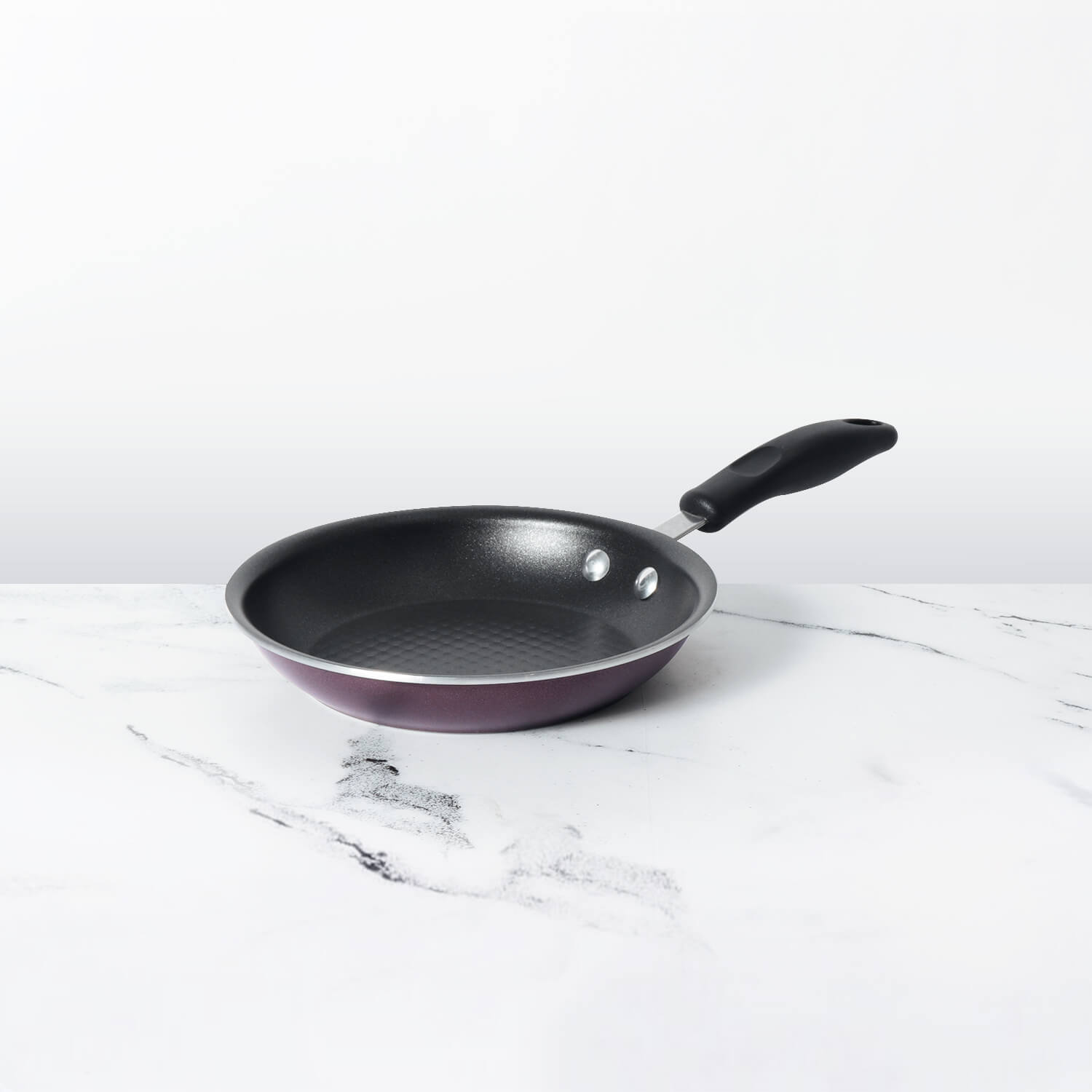Millets, encompassing various types like pearl millet (bajra), finger millet (ragi), foxtail millet, sorghum (jowar), and proso millet, offer an array of surprising health benefits due to their rich nutritional profiles:
Table of Contents
Pearl Millet (Bajra):
- High Protein Content: Pearl millet is a good source of plant-based protein, essential for muscle repair and overall cellular function.
- Rich in Iron and Magnesium: It provides significant amounts of iron, crucial for oxygen transport in the blood, and magnesium, important for muscle function and bone health.
- Energy Boost: Its complex carbohydrates provide sustained energy, making it beneficial for active individuals.
Finger Millet (Ragi):
- Calcium-Rich: Finger millet is exceptionally high in calcium, essential for bone health and preventing osteoporosis.
- Amino Acid Profile: It contains methionine and cysteine, rare in other grains, enhancing its protein quality.
- Diabetes Management: With a low glycemic index and high fiber content, ragi helps regulate blood sugar levels, making it suitable for diabetics.
Foxtail Millet:
- Low Glycemic Index: Foxtail millet has a low GI, preventing rapid spikes in blood sugar levels and supporting better diabetes management.
- High in Dietary Fiber: Its fiber content aids digestion, promotes satiety, and helps maintain a healthy weight.
- Rich in Antioxidants: Contains antioxidants like polyphenols, which protect cells from oxidative stress and inflammation.
Sorghum (Jowar):
- Gluten-Free Alternative: Sorghum is naturally gluten-free, making it suitable for those with celiac disease or gluten intolerance.
- Antioxidant-Rich: It boasts high levels of antioxidants, such as phenolic compounds and flavonoids, which may reduce the risk of chronic diseases.
- Heart Health: Sorghum's fiber and phytochemicals contribute to lowering cholesterol levels and reducing the risk of cardiovascular diseases.
Proso Millet:
- Nutrient-Dense: Proso millet is packed with B-vitamins (niacin, thiamine) and minerals like phosphorus and manganese, supporting metabolism and bone health.
- Digestive Health: Its high fiber content promotes digestive regularity and gut health.
- Versatile Cooking Uses: Proso millet can be used similarly to other grains in a wide range of dishes, from breakfast porridges to baked goods and savory meals.
Conclusion:
In conclusion, incorporating different types of millets into your diet provides a host of surprising health benefits. From boosting protein intake and supporting bone health to aiding in diabetes management, promoting heart health, and providing essential nutrients, millets offer a nutritious and versatile addition to a balanced diet. Whether you're looking for gluten-free alternatives, aiming to manage blood sugar levels, or simply seeking nutrient-dense grains, millets stand out as a wholesome choice for overall well-being.











Leave a comment